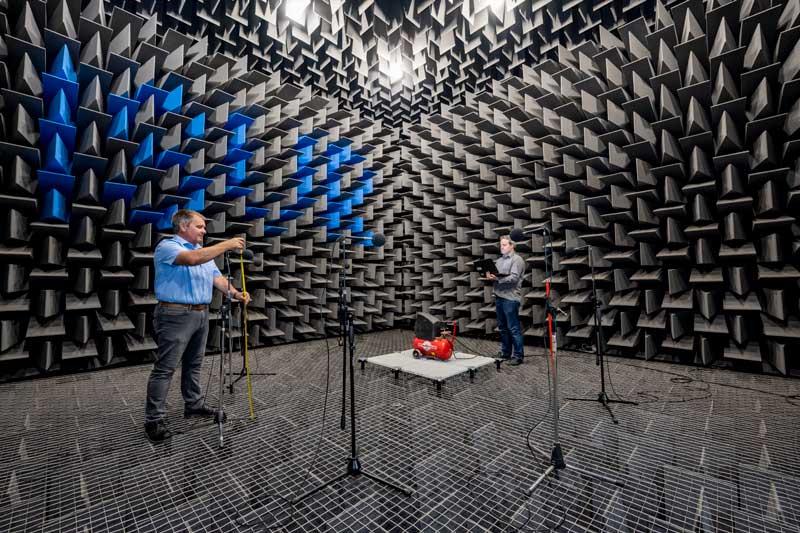We are talking about sound waves bending in a thermal gradient underwater, which is the crux of the entire conversation based on the Navy acoustical detection. And yes, sound wave propagation "bends" in a thermal gradient. No, they don't "not bend" as you suggested in your original post. So I'll just stay in agreement with my original post and a plethora of other acoustical PhDs that use the word "bend" as well. I'll also stand by my original post that this effect creates the bending effect that makes the sound
seem to have an amplified effect.
If you don't like the word "bend" I suggest you get in touch with the author of this page and tell him that someone in the Rig Talk OT says he's chosen the wrong word.
https://www.acs.psu.edu/drussell/demos/refract/refract.html
Clearly you're not the type of person who is willing to have a constructive conversation, or back down when faced with opposing evidence, terminology, or "cartoons" so carry on by yourself.









